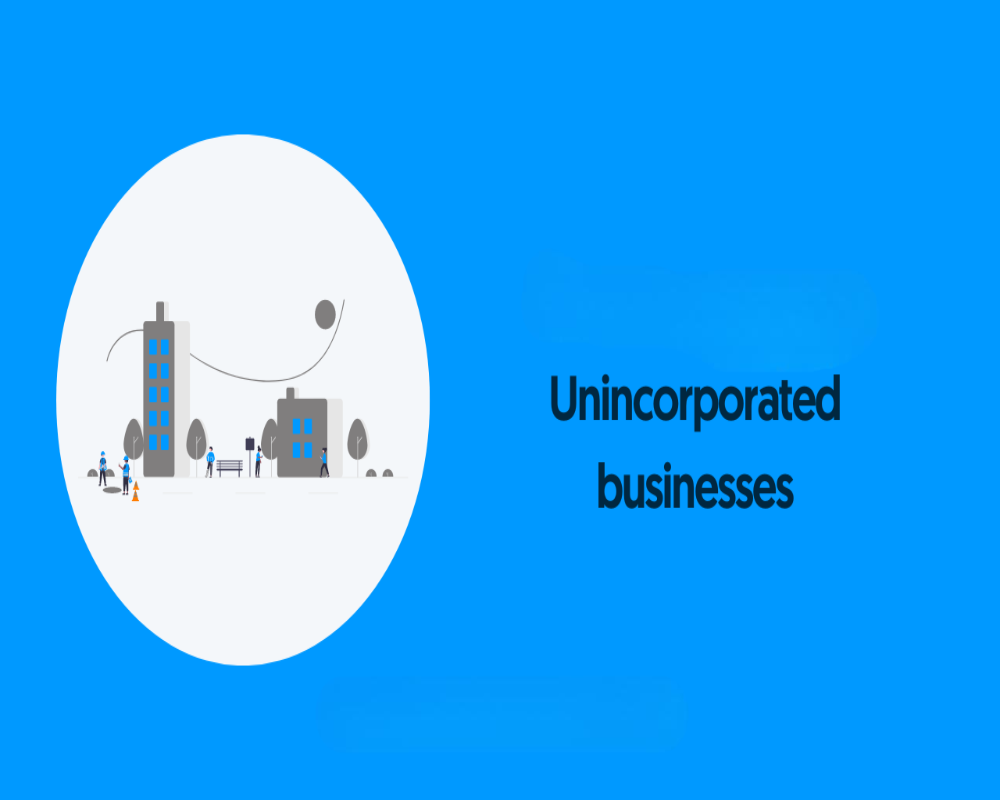1. Basic Definition
- An unincorporated business is a business entity that is not formally registered as a company under corporate laws
- It operates without a separate legal identity from its owner or owners
- Ownership and management typically lie with individuals or partners directly
- Legal existence is tied to the individuals running the business
- It does not have corporate status or recognition under company law
2. Legal Structure
- It is not registered under the Companies Act or as a limited liability entity
- The business is treated as an extension of the owner or group of owners
- Contracts and agreements are usually signed in the owner’s personal name
- It lacks formal incorporation documents or a shareholding structure
- The business and its owner(s) are considered the same legal person(s)
3. Control and Management
- Decisions are made directly by the owner or a group of owners
- There are no formal boards, directors, or corporate governance frameworks
- Daily operations are personally managed without separate legal oversight
- The business structure allows for informal and flexible control
- Accountability is directly linked to the individual decision-makers
4. Registration and Recognition
- It may operate with basic registrations, such as local licenses or permits
- It is not required to register as a company with the Ministry of Corporate Affairs
- The business name, if used, is not legally distinct from the owner
- Official recognition is limited to the identity of the person or persons behind it
- Documentation and identity proofs refer to individuals rather than a legal entity
5. Continuity and Existence
- The business’s existence depends on the owner’s continued involvement
- It does not have perpetual succession or independent continuity
- It may end with the death, retirement, or incapacity of the owner
- Ownership transfer usually requires an informal handover or creation of a new setup
- It does not continue automatically beyond the original owner’s control


0 Comments